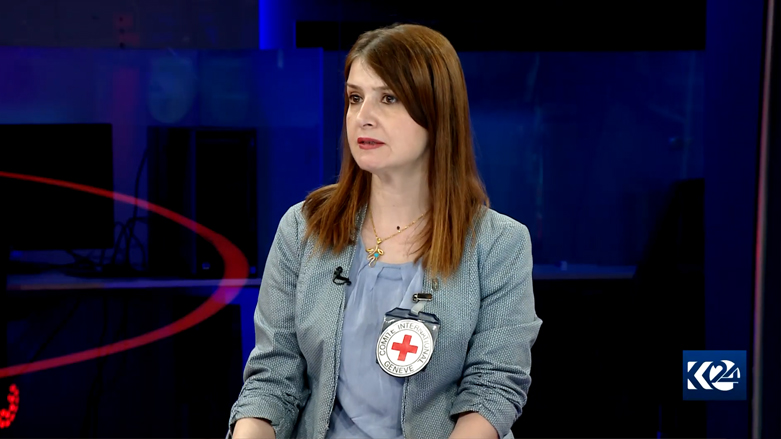Iraq among countries with most missing persons: ICRC

ERBIL (Kurdistan 24) – Iraq is one of the countries in the world that has the most cases of missing persons as a result of the past decades' conflicts, the International Committee of the Red Cross told Kurdistan 24 on Tuesday.
Since the 1980s, hundreds of thousands of people have gone missing in Iraq, which went through numerous conflicts since then, including the Iran-Iraq war and the Kuwait invasion, Avin Yaseen, the spokesperson for the ICRC Erbil office told Kurdistan 24 in an interview.
“Iraq is one of the countries with the highest number of missing persons in the world,” Yaseen said.
More than 700 requests for tracing the missing persons were submitted to the international humanitarian organization only in 2022, adding the whereabouts of more than 400 cases have been clarified.
Last year, over 1,800 requests were made by the families, the spokesperson added. That number rises to nearly 180,000 applicants on the global stage during the same period, according to Yaseen.
“We know that these numbers are only the tip of the iceberg and do not convey the true extent of the issue,” the organization said in a press release on Wednesday.
The International Day of the Disappeared is an annual occasion, during which awareness-raising campaigns are held to shed light on the plight of the families whose members have been missing.
Through its global networks, the organization works with local authorities and states in order to clarify the whereabouts of the missing persons.
The ICRC has been operational in Iraq since 1980. It has offices across a number of provinces, including Baghdad and Erbil.
“The trauma of ambiguous loss leaves deep and long-lasting wounds which could prevent families from moving forward with their lives and hamper reconciliation efforts” Jean-Jerome Casabianca, the ICRC Head of Delegation in Iraq, said in Tuesday’s press release.
